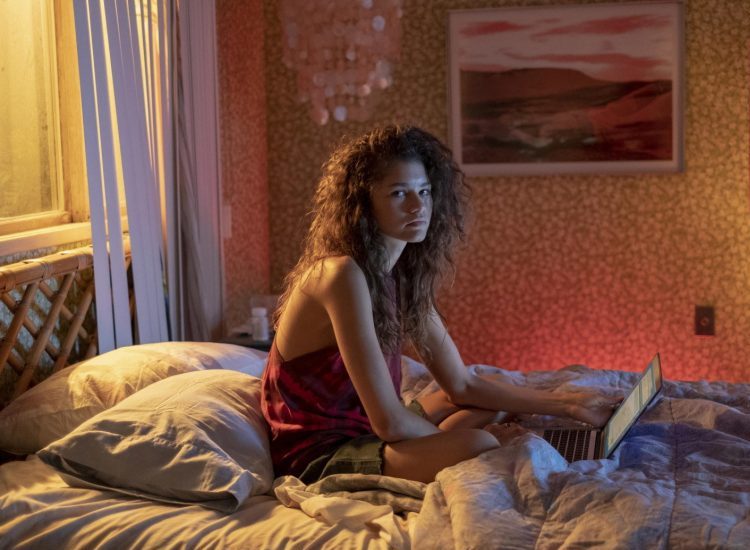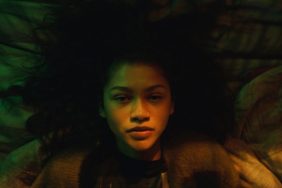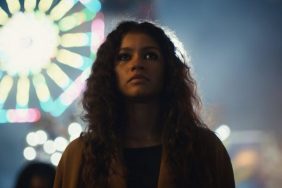Euphoria, the in-your-face Gen Z drama series can be a bit much. It’s not the type of show you’re going to watch hungover on a Sunday—it’s too real for that. Violence, drug abuse, and nudity (like way more penis than you’re expecting) abound. It’s a deconstructive acid trip of human dysfunction outlined by visceral music and some mic-drop worthy performances. (All hail Zendaya.) The show’s protagonist, 17-year-old Rue, is an empathetic, sometimes deplorable, vaguely hilarious drug addict who, fresh off a stint in rehab, narrates the whole ordeal. Although it may be hard to watch, with a relentless amount of depressing shit, the show surprises you with some genuinely powerful moments. In this way, Euphoria is like an informative tale aimed not really at the generation it depicts, but at the people who have written them off. Here are some things Euphoria’s first season has taught us about Gen Z.
Cover Photo: HBO
Play smart: HBO’s ‘Succession’ Is the Perfect Guide to Getting Everything You Want in Life (Including Free HBO)
Art of the binge: 13 Tips to Seeing the Best TV (And Still Functioning Like a Human)
Follow Mandatory on Facebook, Twitter, and Instagram.
8 Surprising Things Euphoria Teaches Us About Generation Z
-
Bikes are still a thing.

For the most part, nearly everyone between the ages of 6 and 16 owns a bike. It only makes sense to have a backup form of transportation (for when mother and father are away with the minivan) on lock up until the point you acquire a driver’s license. We all look back fondly on the days where we pedaled from party to party like drugged-up Lance Armstrongs (and we have the scars to prove it). Cycling culture remains the same for Gen Z.
-
Nude pics are an art form.

Some of us had flip phones in high school (the Motorola Razor was a vibe). Others may not have had a cell phone at all. Regardless, sending intimate photographs to various love interests is an age-old practice, dating back to a time when they were Polaroids. Now that it’s 2019, Gen Z have “nudes” down to a science. Teens are approaching this “practice” with a lot more consideration; there’s a scene in Euphoria’s third episode where Rue breaks down the dick pic into three categories: terrifying, horrifying, and acceptable. Things like scale, cleanliness, and lighting are all taken into consideration.
-
Jocks fucking suck.
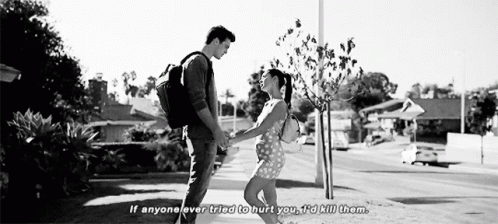
The days of charismatic benchwarmers leading their teams to championships in films like Varsity Blues are gone. There are no warm and fussy romances featuring girlfriends wearing varsity jackets. Now, there’s Nate, a psychotic, manipulative, probably closeted quarterback who beats up everyone and thinks love is all about control. The dude takes toxic masculinity to a whole new level. We see the mole on your stomach, bro. Get over it.
-
Drug dealers are somehow the rational ones.
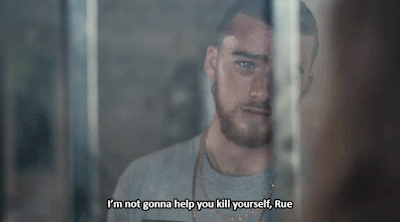
Watching Euphoria always seems to result in a chuckle and a single thought: these kids are fucked up. Except for the drug dealer Fez. That dude is the epitome of a stand-up guy; honest-ish, hardworking, and willing to sacrifice his life and career for friendship. He single-handedly takes care of his sick grandma. Fez’s little associate, Ashtray, an 11-year-old who spends his free time eating Lucky Charms and guarding Fentanyl in a microwave, is even more of a baller. How’d that kid get tats on his face?
-
'True Romance' is still relevant.
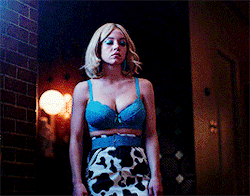
And why wouldn’t it be? If you haven’t seen this film, allow us to set it up for you: there’s a lonely comic book nerd (who has a weird fascination with Elvis) who goes to old kung fu movies every year on his birthday. One year, his friends decide to hire a prostitute (Alabama) to meet him at one of these movies; long story short, they fall in love, steal a suitcase of cocaine from her pimp, and hit the road. What follows is a road trip of cool and epic proportions. Euphoria’s Cassie dresses as Alabama for Halloween. Clearly, we’re not the only ones who still dig this 1993 gem.
-
'Normal' deserves a well-placed crotch kick.

Rue's journey is a messy one, bogged down by anxiety and depression which she silences with her drug abuse. At one point, she describes taking Valium for the first time after suffering an anxiety attack:
"[It was] the feeling I have been searching for my entire life, for as long as I could remember. Because suddenly, the world went quiet. And I felt safe, in my own head.”
Derived from series creator Sam Levinson's own experiences, Europhia gives a big middle finger to any and all stigmas. If "normal" were an arrogant and bigoted SOB, this show gives him one swift kick in the nuts. Mental illness in its entirety is just regularly scheduled programming.
-
There's nothing more powerful than self-confidence.
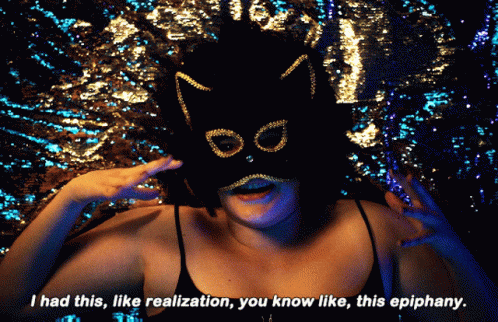
The series also karate chops the shit out of body image and identity. It does a good job of showing us all different kinds of people without letting them become cliches. For example, Jules, a transgender girl, is already completely comfortable with her identity, and Kat, an overweight teen, loves the way she looks (and makes a hell of Bitcoin because of it). At the end of the day, just strut your stuff in whatever way it demands to be strutted—put as much glitter on your face as you want.
-
These kids gets down.
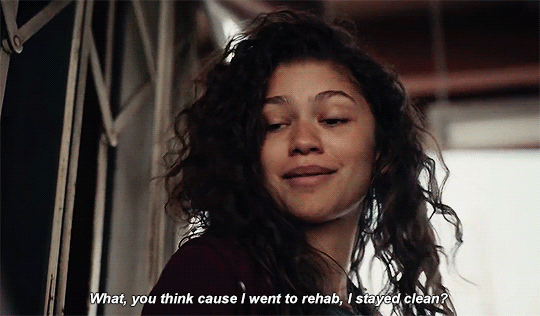
"I, uh, I once took, like, 10 Vicodin, and drank an entire thing of tequila, and then, I, like, blacked out for three days. But while I was blacked out, I, like, still went to school and did homework and shit. It was really weird."
-
They dance it off.

Xennials saw the digital age on the horizon, Millennials were introduced to it, and Gen Z is drowning in it. Everything overlaps. Whether you find slow cookers fascinating or have just been discharged from the hospital after an OD, we're all in this together. Look back, look forward, jive, vogue—do whatever it is you need to do in order to survive today because tomorrow there's an epic dance sequence with your name on it.
